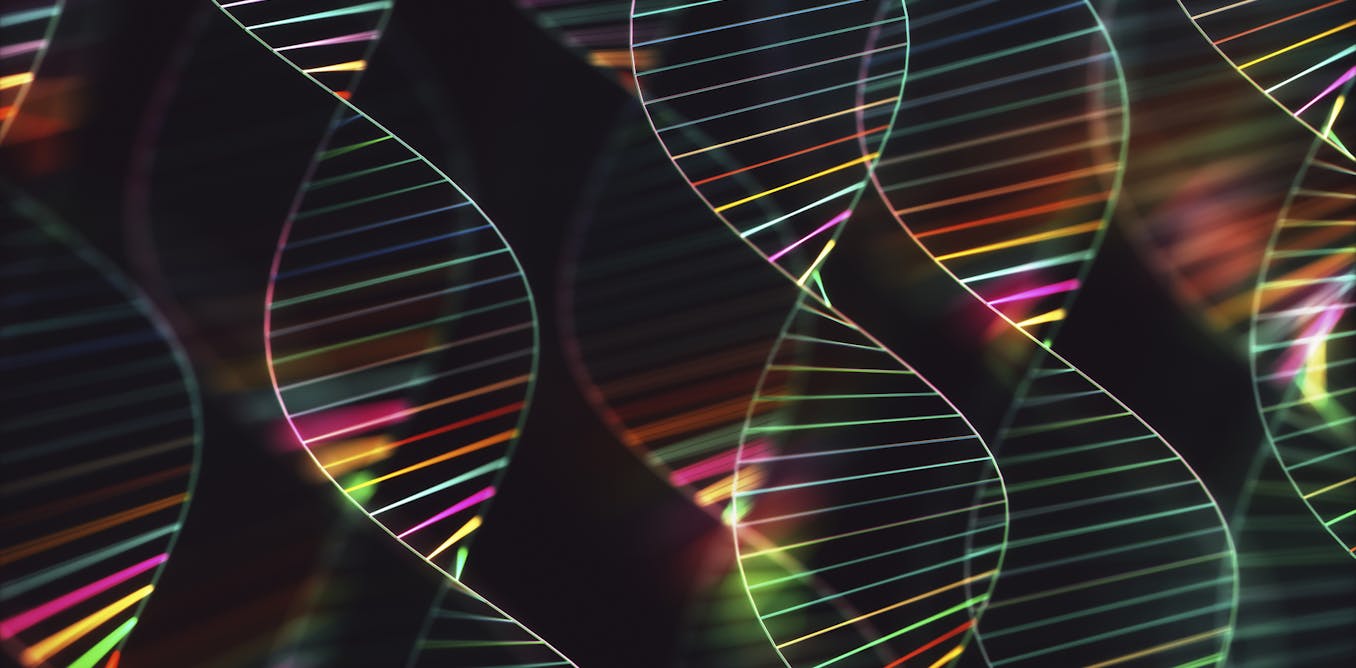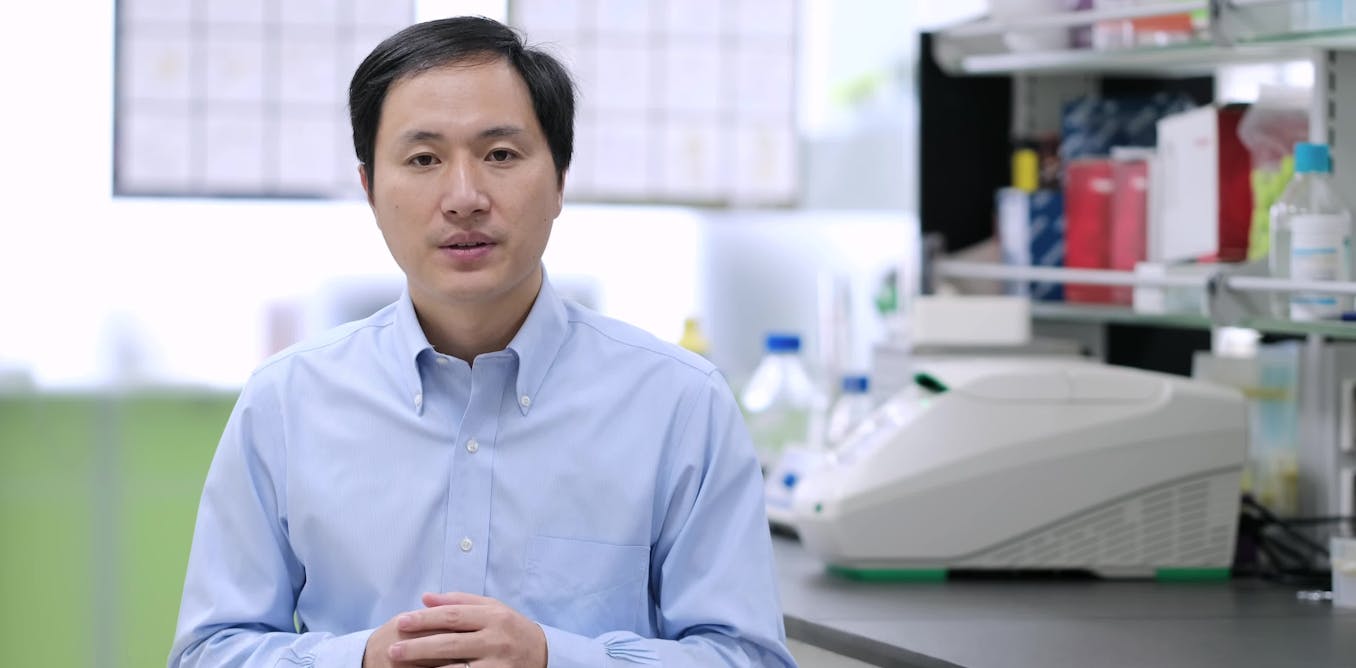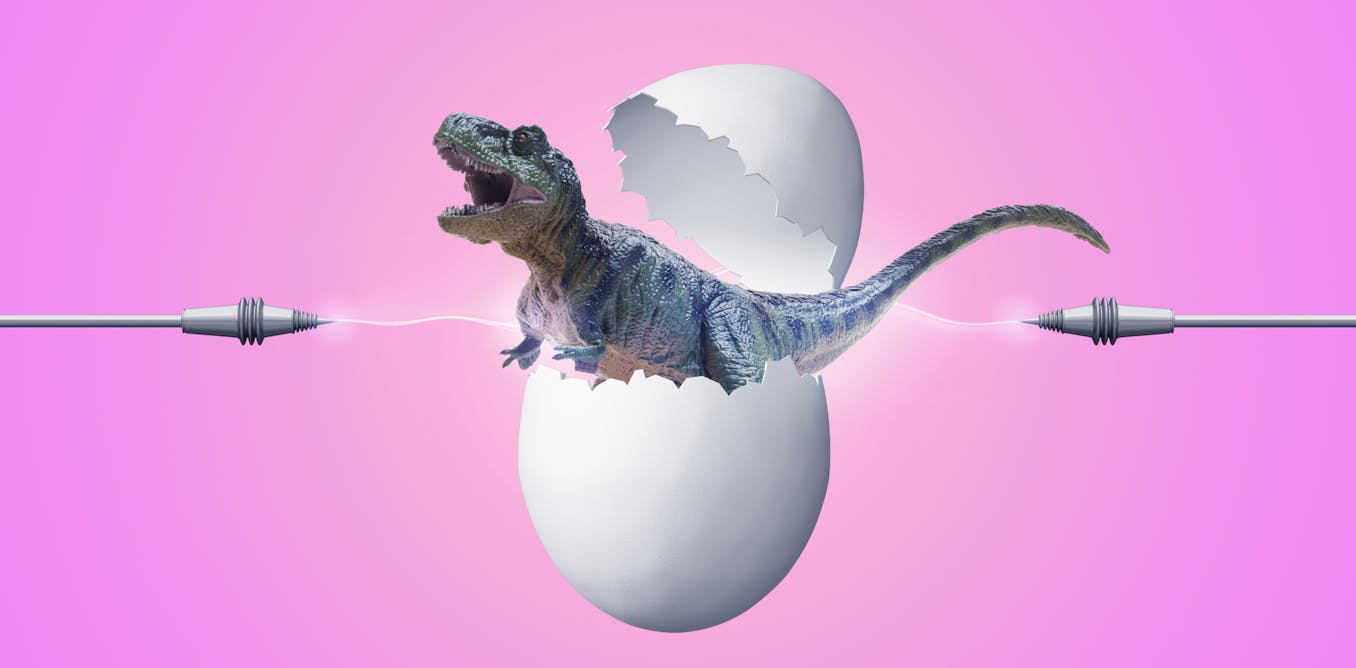Human genome editing offers tantalizing possibilities – but without clear guidelines, many ethical questions still remain
Following the controversial births of the first gene-edited babies, a major focus of the Third International Summit on Human Genome Editing was responsible use of CRISPR.
Gary Skuse, Professor of Bioinformatics, Rochester Institute of Technology •
conversation
March 8, 2023 • ~8 min
March 8, 2023 • ~8 min




